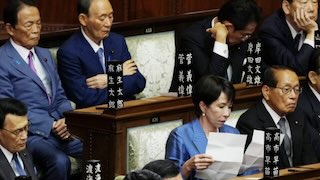May 17 (NHK) - A Japanese court has ruled a local government broke the law by ordering a restaurant chain to shorten its business hours to curb the spread of the coronavirus.
The Tokyo Metropolitan Government issued the order in March last year, based on legislation allowing governors to issue tougher anti-virus measures.
Tokyo officials accused restaurant chain Global-Dining of raising infection risks by refusing to follow its order to close by 8 p.m.
A coronavirus state of emergency was in place in the capital at that time.
The company claimed the legislation and the metropolitan government's order run counter to the Constitution guaranteeing freedom of business operation and equality under the law.
The Tokyo District Court ruled on Monday the restaurants had anti-virus measures in place and operating at night didn't immediately lead to higher infection risks.
It said the Tokyo government failed to provide a reasonable explanation regarding why the order was necessary and what criteria it used.
President of the restaurant chain, Hasegawa Kozo, said, "The court found there had been no reasonable grounds for the order. I hope the ruling will prompt the authorities to come up with more detailed and scientific arguments, if a similar situation arises in the future."
He also asked for money for damages, arguing the order was unconstitutional. The court rejected that argument.
He says he's appealing that.
As for the Metropolitan Government, officials say they will determine their next steps after closely looking at the verdict.
Source: ANNnewsCH














